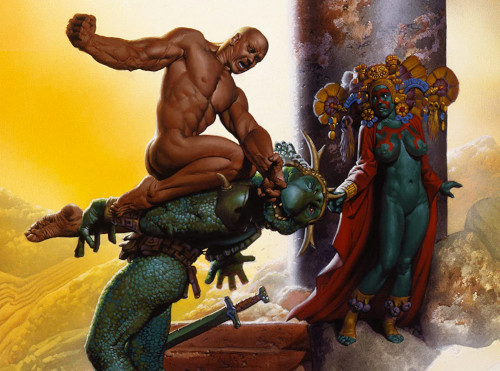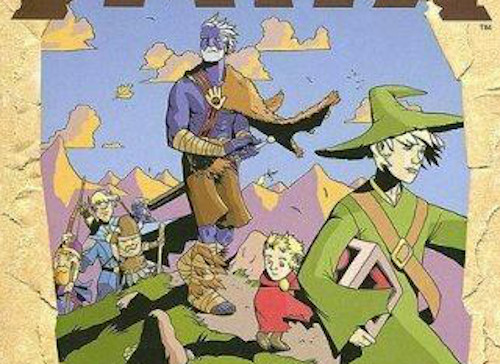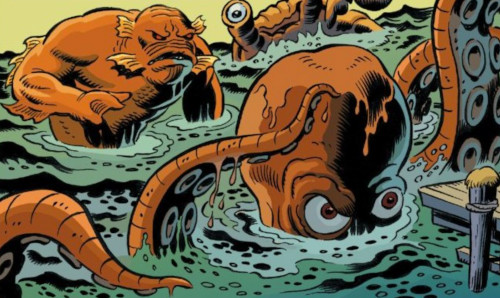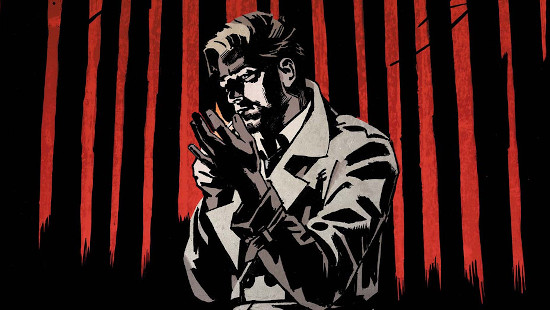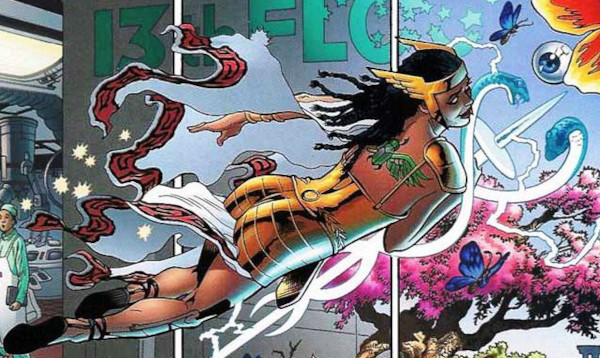 FLASHBACK! While Alan Moore and J.H. Williams’ Promethea, published from 1999 to 2005, is not one of Moore’s most remembered works, it’s not because the author wasn’t at the top of his game. Kumar and Emmet find it to be entrancing, even if you don’t buy into the various magical and spiritual elements that Moore built into it.
FLASHBACK! While Alan Moore and J.H. Williams’ Promethea, published from 1999 to 2005, is not one of Moore’s most remembered works, it’s not because the author wasn’t at the top of his game. Kumar and Emmet find it to be entrancing, even if you don’t buy into the various magical and spiritual elements that Moore built into it.
Also, inevitably, the incorporation of Promethea and other Moore creations into the DC Universe comes up; is it really just a business decision, or is the publisher singling out Moore’s work out of spite? (Originally published April 30, 2018.)
Brought to you by:
Podcast: Play in new window | Download



